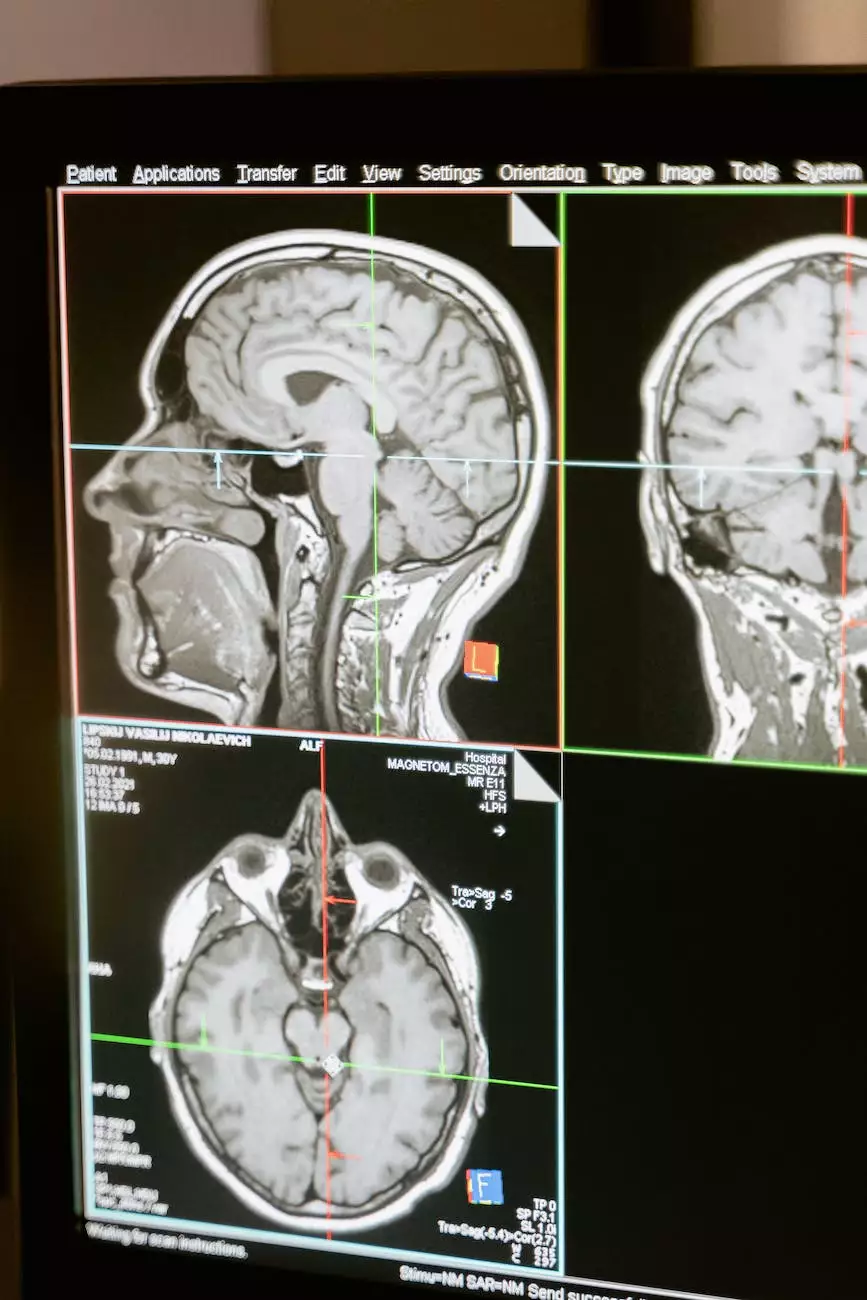Lupus: When Your Body Attacks Itself
Health
Introduction:
Welcome to MUIR DIABLO OCCUPATIONAL MEDICINE, your trusted source for comprehensive health information. In this article, we delve into the complexities of lupus, a chronic autoimmune disease that impacts the body's immune system. Our aim is to provide you with a detailed understanding of lupus, including its symptoms, causes, and available treatment options.
Understanding Lupus:
Lupus, also known as systemic lupus erythematosus (SLE), is a long-term autoimmune disease where the body's immune system mistakenly attacks healthy tissues. This immune system dysfunction can affect various organs, including the skin, joints, kidneys, heart, and brain.
Symptoms of Lupus:
The symptoms of lupus can vary greatly from person to person, making it a challenging condition to diagnose. Some common symptoms include extreme fatigue, joint pain, skin rashes, a butterfly-shaped rash across the cheeks and nose, sensitivity to sunlight, fever, hair loss, chest pain, and mouth ulcers.
Causes and Triggers:
The exact cause of lupus is still unknown, but research suggests that a combination of genetic, environmental, and hormonal factors contribute to its development. Genetic predisposition, hormonal imbalances, exposure to certain medications, infections, and even sunlight can trigger or worsen lupus in susceptible individuals.
Types of Lupus:
There are different types of lupus, including systemic lupus erythematosus (SLE), discoid lupus erythematosus, drug-induced lupus, and neonatal lupus. Systemic lupus erythematosus is the most common and severe form, affecting multiple organs and causing systemic symptoms.
Diagnosis and Treatment:
Diagnosing Lupus:
Diagnosing lupus can be challenging due to its varied symptoms. It often requires a combination of medical history, physical examination, blood tests, and imaging studies. Rheumatologists, who specialize in autoimmune diseases, play a vital role in diagnosing and managing lupus.
Treatment Options:
While there is no cure for lupus, various treatment options exist to manage its symptoms and prevent complications. The treatment plan may include medications to reduce inflammation, alleviate pain, suppress the immune system, and control specific symptoms. Additionally, lifestyle modifications, such as regular exercise, healthy diet, and sun protection, can help manage the disease.
Living with Lupus:
Lupus is a chronic condition that requires long-term management. It is essential for individuals with lupus to prioritize self-care and maintain open communication with their healthcare providers. Regular check-ups, adherence to prescribed medications, stress management, and seeking support from support groups or counseling services can all contribute to a better quality of life.
Conclusion:
In conclusion, lupus is a complex autoimmune disease that affects various organs in the body. Understanding its symptoms, causes, and treatment options is crucial for individuals living with lupus and their caregivers. At MUIR DIABLO OCCUPATIONAL MEDICINE, we strive to provide accurate and comprehensive information to empower you in your healthcare journey. If you suspect you may have lupus or require additional information, we encourage you to consult a healthcare professional who can guide you based on your unique circumstances.










